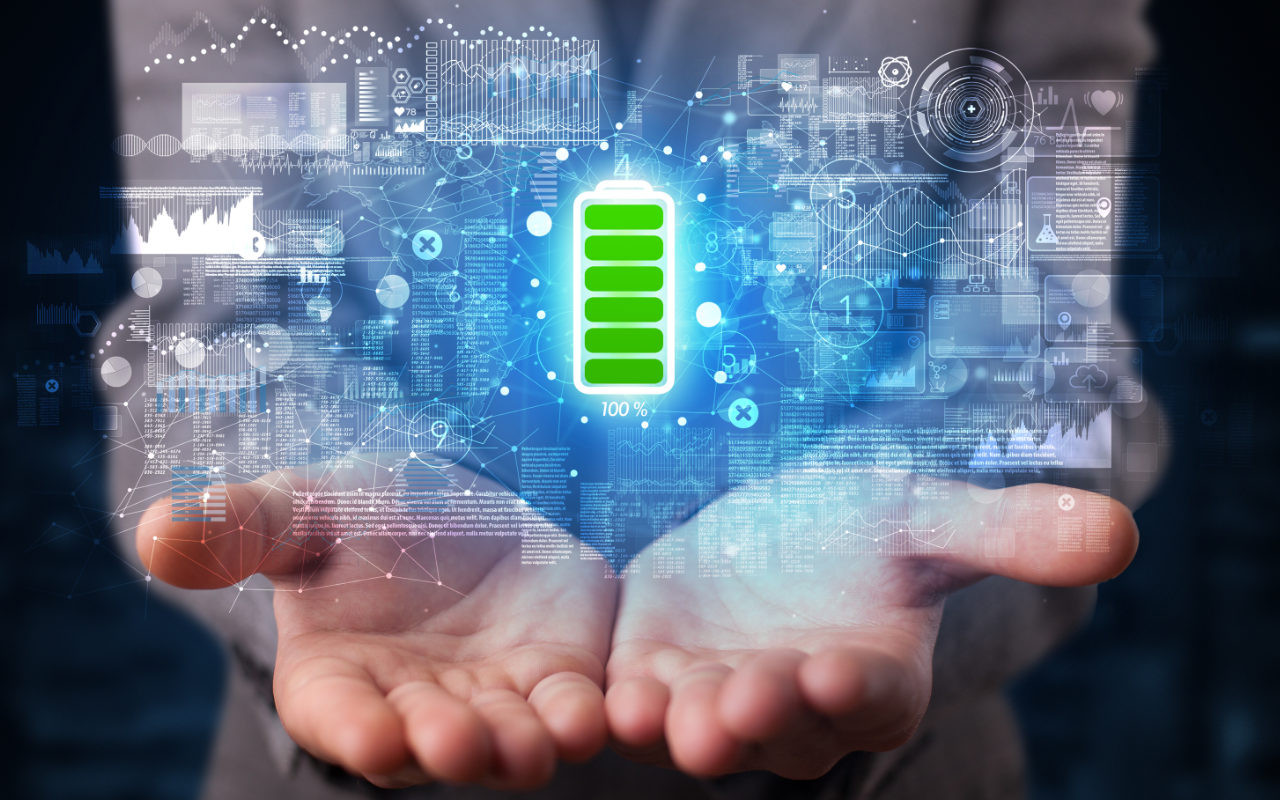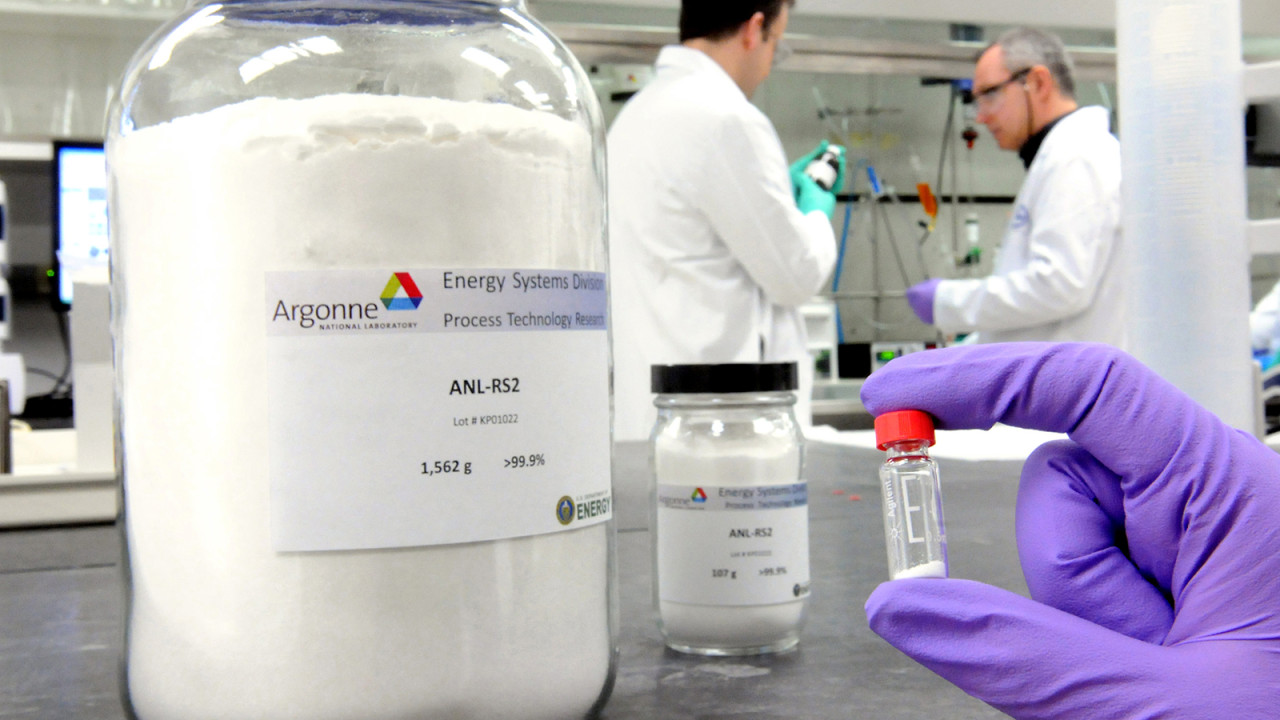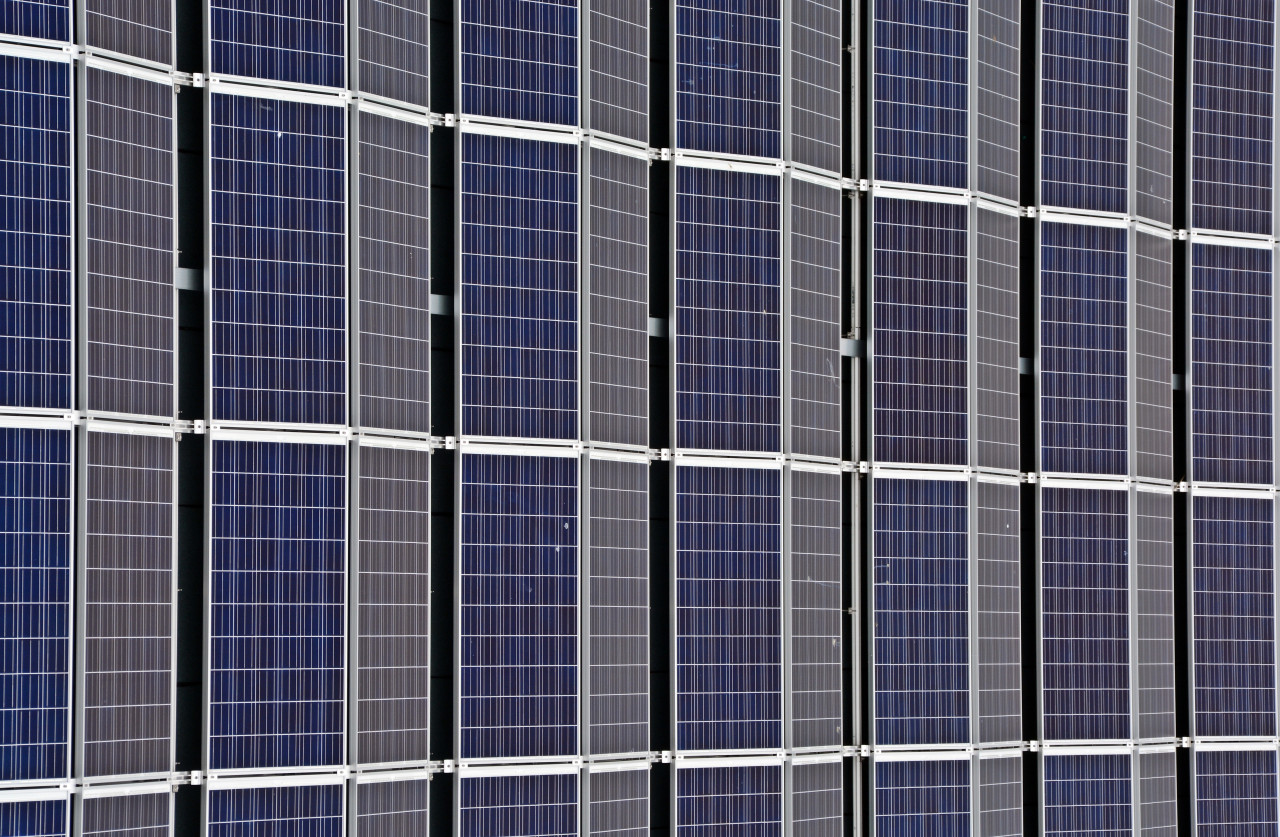US DOE to invest $2.91 billion to bolster supply chain for advanced batteries
The U.S. Department of Energy (DOE) has announced that it has issued two notices of intent to provide $2.91 billion to boost production of the advanced batteries that are critical to rapidly growing clean energy industries of the future, including electric vehicles and energy storage, as directed by the Bipartisan Infrastructure Law.
The Department proposes to fund battery materials refining and production plants, battery cell and pack manufacturing facilities, and recycling facilities that create good-paying clean energy jobs. The funding is expected to be made available in the coming months and will ensure that the United States can produce batteries, as well as the materials that go into them, to increase economic competitiveness, energy independence, and national security.
In June 2021, DOE published a 100-day review of the large-capacity battery supply chain, according to Executive Order 14017, America's Supply Chains. The review recommended establishing domestic production and processing capabilities for critical materials to support a fully domestic end-to-end battery supply chain. President Biden's Bipartisan Infrastructure Law allocates nearly $7 billion to strengthen the U.S. battery supply chain, which includes producing and recycling critical minerals without new extraction or mining, and sourcing materials for domestic manufacturing.
"As electric cars and trucks continue to grow in popularity within the United States and around the world, we must seize the chance to make advanced batteries — the heart of this growing industry — right here at home," said U.S. Secretary of Energy Jennifer M. Granholm.
"With funding from Bipartisan Infrastructure Law, we're making it possible to establish a thriving battery supply chain in the United States."
With the global lithium-ion battery market expected to grow rapidly over the next decade, DOE is making it possible for the United States to be prepared for market demand. Responsible and sustainable domestic sourcing of the critical materials used to make lithium-ion batteries — such as lithium, cobalt, nickel, and graphite — will help close the gap in supply chain disruptions and accelerate battery production in America.
Funding from the Bipartisan Infrastructure Law will allow DOE to support the creation of new, retrofitted, and expanded domestic facilities for battery recycling and the production of battery materials, cell components, and battery manufacturing.
The funding will also support research, development, and demonstration of second-life applications for batteries once used to power EVs, as well as new processes for recycling, reclaiming, and adding materials back into the battery supply chain.
Both forthcoming opportunities are aligned with the National Blueprint for Lithium Batteries, guidance released last year by the Federal Consortium for Advanced Batteries and led by DOE alongside the Departments of Defense, Commerce, and State. The blueprint details a path to equitably ensuring a domestic battery supply and accelerating the development of a robust and secure domestic industrial base by 2030.



















